
Sinus tachycardia also known as inappropriate sinus tachycardia is a condition which features with accelerated heart rate. The very name sinus tachycardia suggests that the abnormality of the heart rhythm originates from the sinus node. The sinus node represents a group of cells located in the upper right chamber of the heart. These cells are able to produce electrical signals necessary for normal heart beat. They are also known as the pacemaker cells. Once the electrical signal is created in the sinus node it moves down to the atrioventricular node (AV node) and is then sent to both ventricles which pump the blood to the rest of the body.
Sinus tachycardia is a condition in which the heart rate exceeds 90-100 beats per minute. Normal heart rate is between 60 and 80 beats per minute. This type of tachycardia is different from other types of tachycardia.Sinus Tachycardia Causes
In many cases sinus tachycardia develops due to certain physiological situations (extensive exercise, stress, anger, anxiety etc). Apart from that sinus tachycardia may be also associated with fever, trauma, anemia, dehydration, hypovolemia, heart failure and hypoxia. Sinus tachycardia is a feature of certain endocrine disorders such as hyperthyroidism, sepsis, pulmonary embolism, acute coronary ischemia and myocardial infarction, pheochromocytoma and COPB. And finally, there are several more causes of sinus tachycardia: malignant hyperthermia, hyperdynamic circulation, electric shock and intake of certain stimulants such as caffeine, cocaine, nicotine or amphetamines.
Symptoms and Signs of Sinus Tachycardia
In majority of cases sinus tachycardia is asymptomatic. However, there are certain symptoms and signs that may occur in people suffering from this condition. They include a racing heart rate (palpitations), the feeling of the heart pounding in the chest, dizziness, syncope, consistently fast heart rate, occasional chest pain, loss of breath, fatigue, intolerance to physical activity, severe anxiety etc.
Diagnosing and Treatment for Sinus Tachycardia
Sinus tachycardia can be found accidentally or it is diagnosed once the patient turns to the doctor due to certain symptoms of the condition. The doctor performs physical exam and definitive diagnosis is confirmed thanks to EKG (electrocardiography).
Sinus tachycardia can be brought under control with a few treatment modalities. Medicamentous treatment includes beta blockers, calcium channel blockers and antiarrhythmic drugs. Apart from medicamentous treatment a patient may be treated with the sinus node radio frequency catheter ablation. Surgery is also performed in extreme cases of sinus tachycardia.
Each and every patient is treated individually according to the actual cause of sinus tachycardia, the symptoms and signs as well as clinical findings.


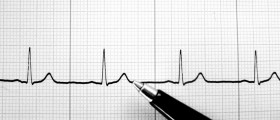
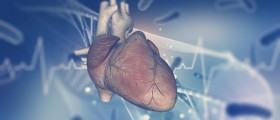
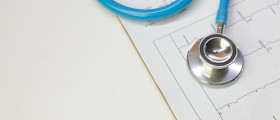

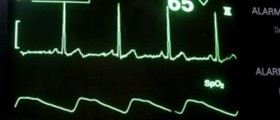
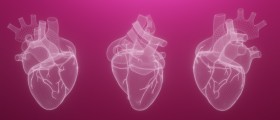
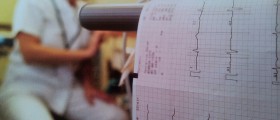

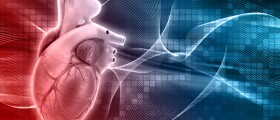

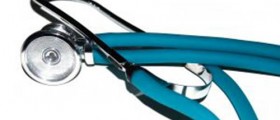
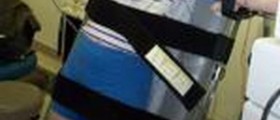


Your thoughts on this
Loading...